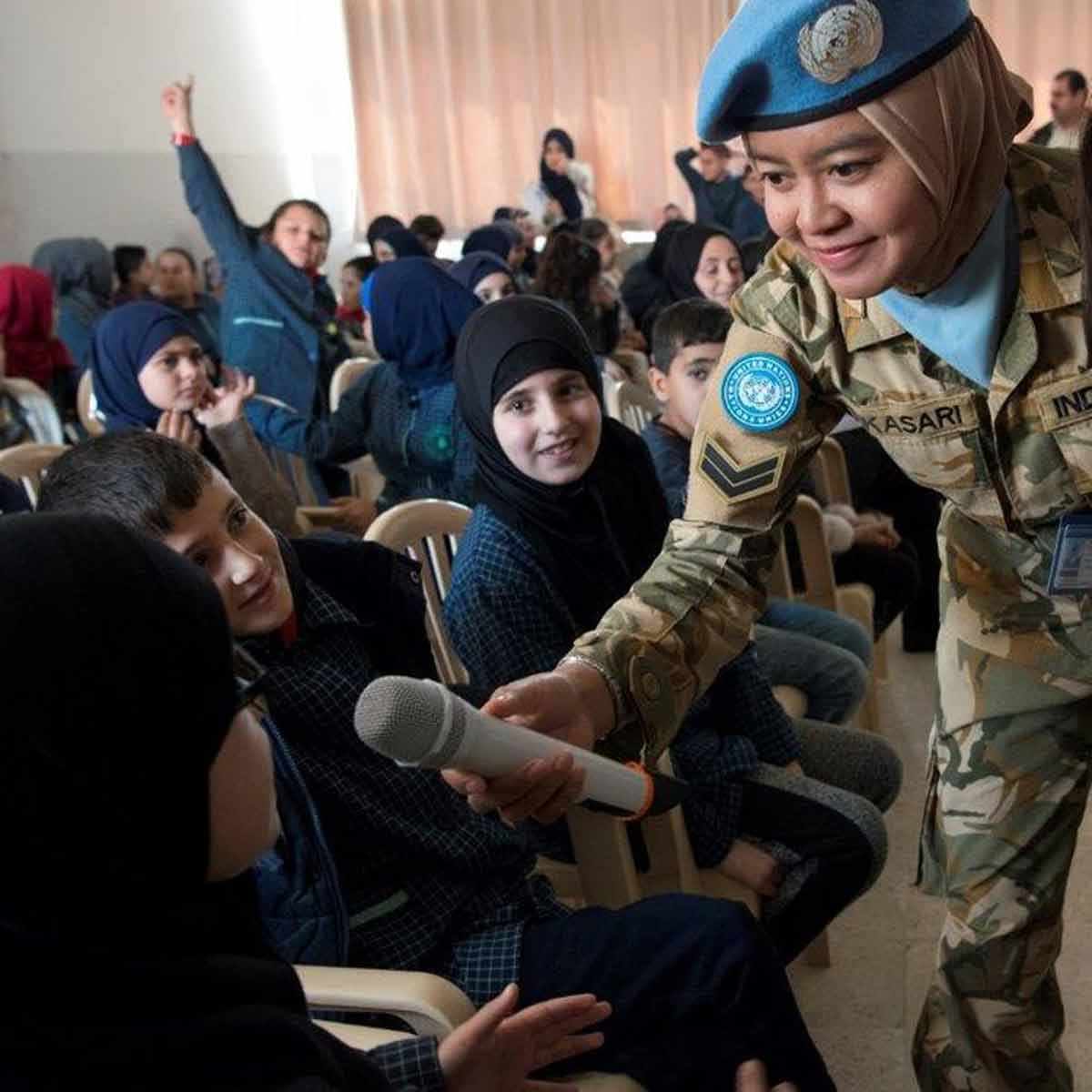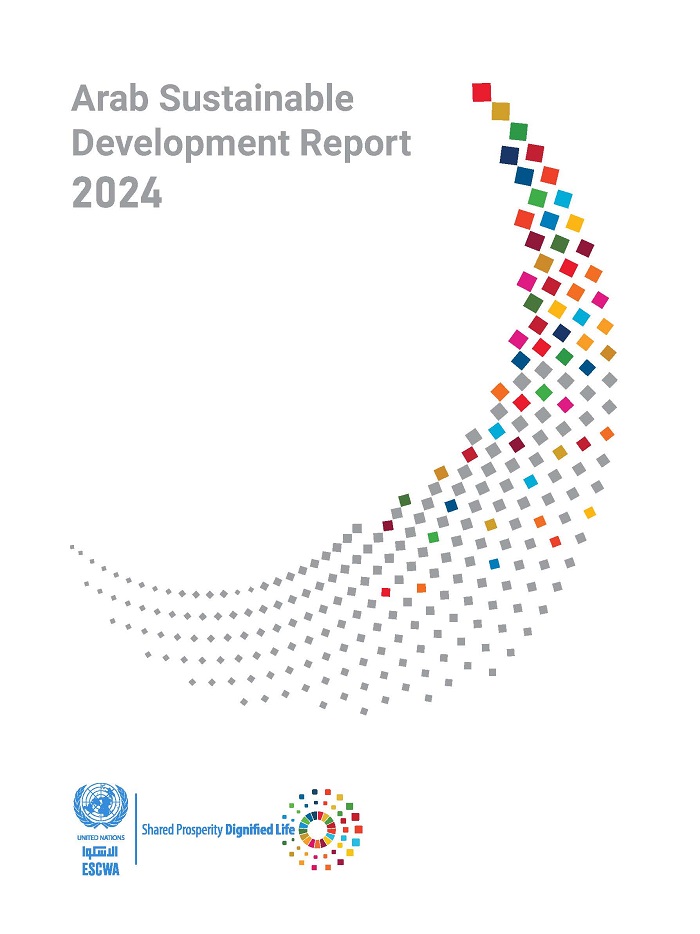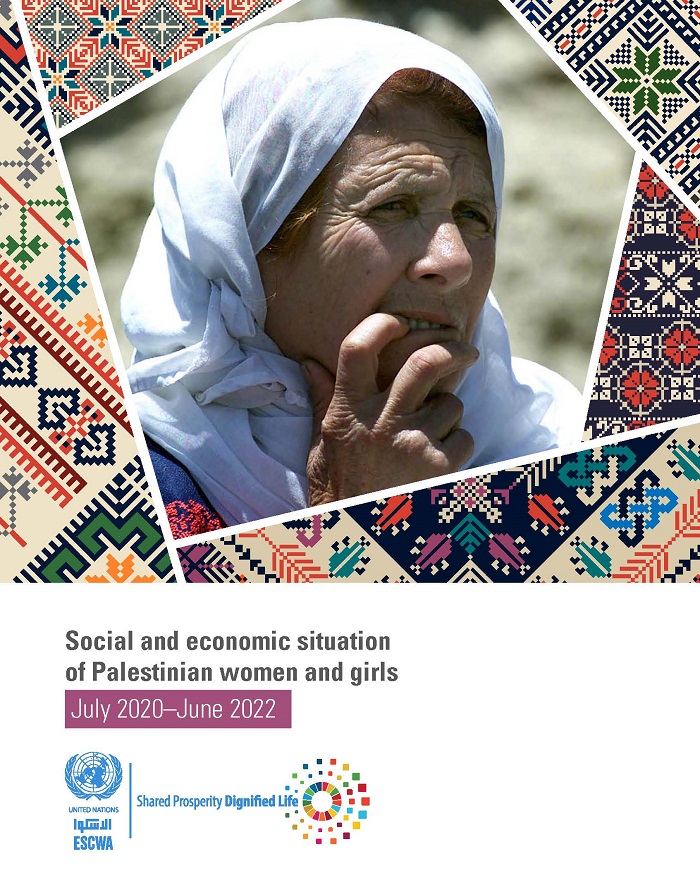
Background
The Arab region faces distinct challenges in advancing equality and achieving lasting peace. The implementation of the Women, Peace and Security (WPS) agenda is critical to addressing these challenges as it aims to integrate women into peace processes, protect them from violence, and uphold their rights. National Action Plans (NAPs) for WPS serve as structured frameworks through which Governments can commit to these goals. Without them, efforts to include women in peacebuilding and conflict resolution often remain fragmented and less impactful.
To date, eleven Arab countries have developed NAPs, reflecting a growing recognition of the importance of the WPS agenda. However, many of these plans lack comprehensive strategies and fail to address the root causes of inequality. Common gaps include insufficient funding, the absence of clear monitoring and evaluation mechanisms, and limited engagement with civil society. Strengthening the region's response to the WPS agenda requires more robust and inclusive NAPs that emphasize women's active participation in peacebuilding, ensure accountability for violence, and promote equality-focused policies. Greater collaboration among Governments, civil society, and international organizations is also essential to foster cohesive and effective implementation of the WPS agenda.
Our approach
ESCWA is uniquely positioned to support this process. It offers technical assistance and capacity-building to member States, helping them develop and implement NAPs that are contextually relevant, comprehensive and aligned with women’s needs. Additionally, ESCWA facilitates regional dialogue and cooperation, providing platforms for the exchange of best practices and lessons learned. By fostering collaboration, ESCWA contributes to a more unified and effective approach to the WPS agenda in the Arab region, ensuring that women are central to the pursuit of sustainable peace. Its approach includes:
1. Exploring the various dimensions and pillars of the WPS agenda and its relevance to the Arab region.
2. Assessing the implementation of United Nations Security Council Resolution 1325 within member States, and identifying key national and regional priorities.
3. Assisting member States in developing, monitoring and evaluating NAPs on WPS, including costing associated activities.
4. Providing platforms and tools to facilitate knowledge exchange and best practices among Arab countries, strengthen institutional resilience, and enhance national advocacy for equality.
Our partners
ESCWA collaborates with key partners, including UN-Women, the League of Arab States, the Arab Institute for Women (LAU), the United Nations Population Fund (UNFPA), and the United Nations Development Programme (UNDP). It also works closely with national women’s machineries and civil society organizations committed to advancing the WPS agenda at the national level.
Our activities
ESCWA undertakes a range of activities to support the WPS agenda. These include preparing studies, policy briefs, and reports to identify persistent and emerging barriers to women’s political participation and representation in peacebuilding processes. ESCWA also assesses the status and needs of women in conflict settings and highlights the importance of integrating equality-focused approaches into national frameworks and strategies related to WPS.



